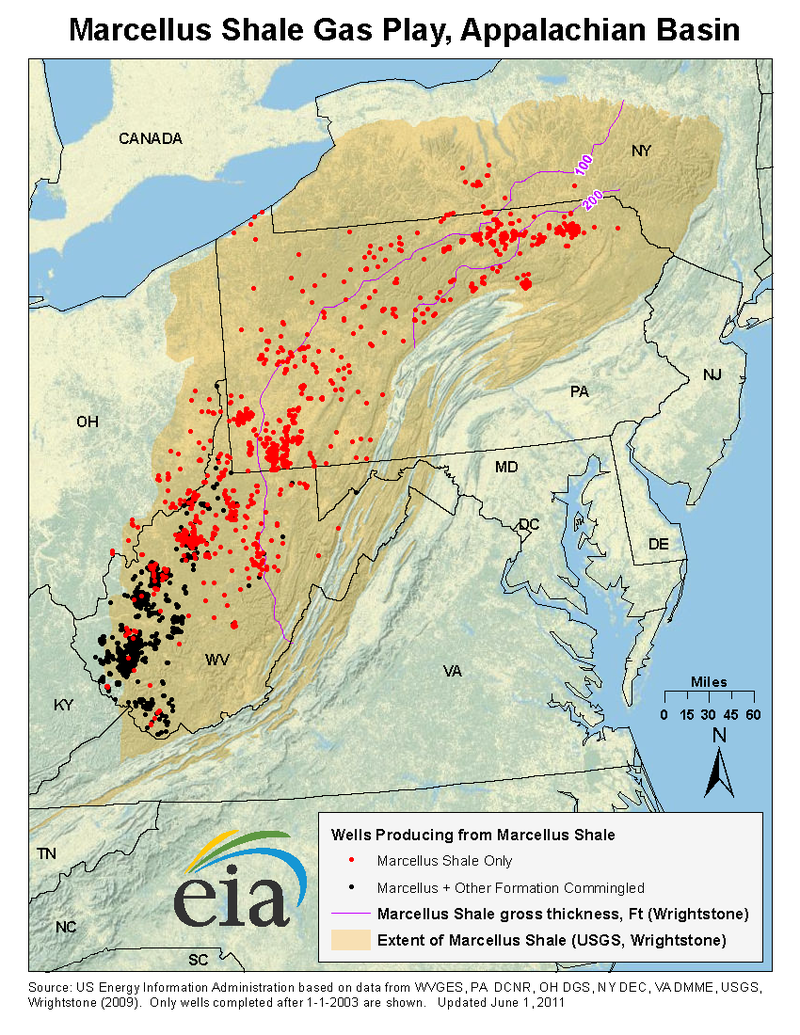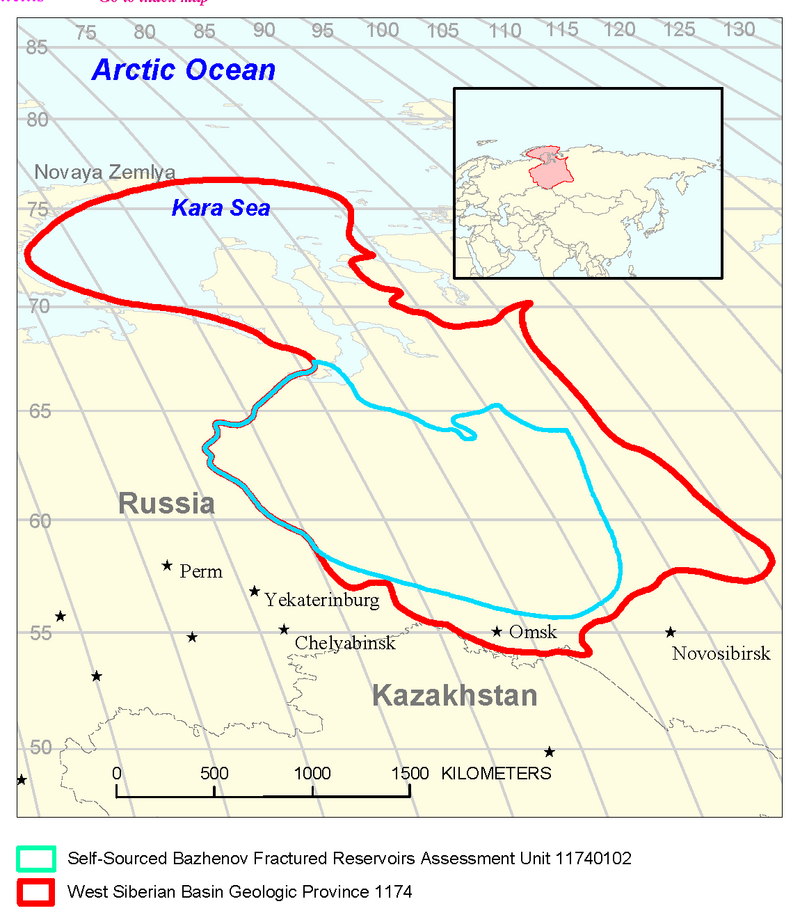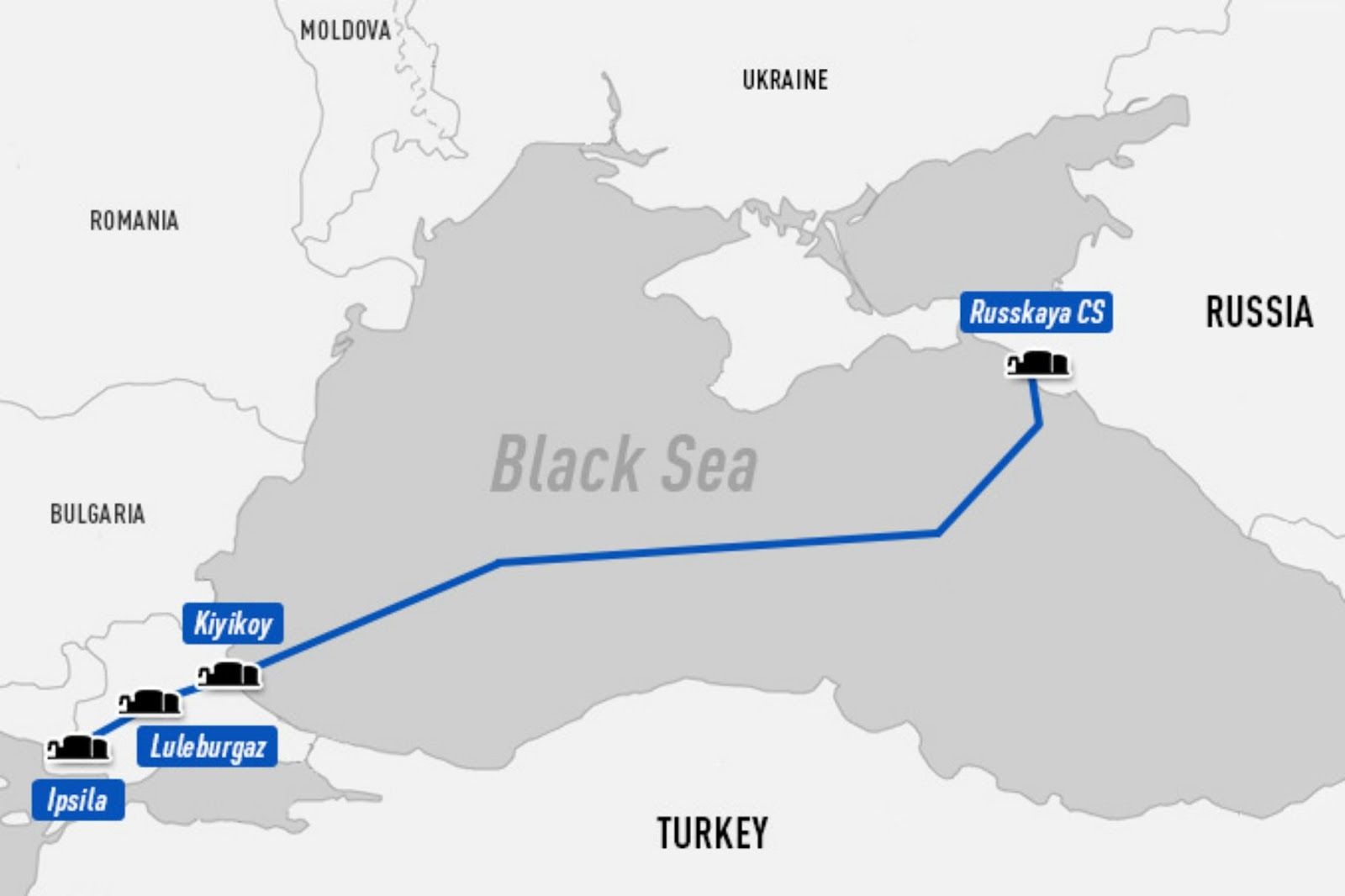Ukrops say construction of Nord 2 cannot proceed Without their Permission
https://topwar.ru/99515-kiev-obyavil-chto-stroitelstvo-severnogo-potoka-2-bez-ego-razresheniya-nevozmozhno.html

 Re: Russian Oil and Gas Industry: News
Re: Russian Oil and Gas Industry: News Re: Russian Oil and Gas Industry: News
Re: Russian Oil and Gas Industry: News
 Re: Russian Oil and Gas Industry: News
Re: Russian Oil and Gas Industry: NewsGazprom positively assesses progress in negotiations on the "Western Route" gas supply contract with China. Document signing depends on volumes, rather than on the price, Deputy Chief Executive of the Russian holding Alexander Medvedev told TASS on Tuesday.
"The process is underway; working groups are meeting. The issue is regarding volumes and not the price. I believe negotiations are at an advanced stage. Prospects are good," Medvedev said.
Gazprom and China’s CNPC signed heads of the agreement on pipeline gas supplies to China over the "Western Route" (Power of Siberia-2 gas pipeline) in 2015. Deliveries of Russian gas to China over this route may start from May 2019 to May 2021, Chief Executive of Gazprom Alexei Miller said earlier.
 Re: Russian Oil and Gas Industry: News
Re: Russian Oil and Gas Industry: NewsRussia Joins the Shale Game After Building Own Technology Thanks to Sanctions
Russia has made yet another technological breakthrough thanks to the Western sanctions: it has developed its own technologies for the exploration and production of hard to extract shale oil. This advance is even more significant given that the sanctions have stopped Russian oil companies from using western equipment.
http://sputniknews.com/russia/20160831/1044818976/russia-shale-oil-technology.html
 Re: Russian Oil and Gas Industry: News
Re: Russian Oil and Gas Industry: NewsAlfaT8 wrote:.................
Guys, what are your opinions with respects to Russia's shale industry, considering the damage fracking does to the surrounding environment especially ground water pollution, is it wise for Russia to even pursue this.
 Re: Russian Oil and Gas Industry: News
Re: Russian Oil and Gas Industry: NewsAlfaT8 wrote:Russia Joins the Shale Game After Building Own Technology Thanks to Sanctions
Russia has made yet another technological breakthrough thanks to the Western sanctions: it has developed its own technologies for the exploration and production of hard to extract shale oil. This advance is even more significant given that the sanctions have stopped Russian oil companies from using western equipment.
http://sputniknews.com/russia/20160831/1044818976/russia-shale-oil-technology.html
Guys, what are your opinions with respects to Russia's shale industry, considering the damage fracking does to the surrounding environment especially ground water pollution, is it wise for Russia to even pursue this.



 Re: Russian Oil and Gas Industry: News
Re: Russian Oil and Gas Industry: News Re: Russian Oil and Gas Industry: News
Re: Russian Oil and Gas Industry: NewsAustin wrote:Putin Keeps Faith in Gazprom Even After 80 Percent Share Crash
http://www.bloomberg.com/news/articles/2016-09-05/putin-keeps-faith-in-gazprom-even-after-80-percent-share-crash
 Re: Russian Oil and Gas Industry: News
Re: Russian Oil and Gas Industry: News

kvs wrote:Austin wrote:Putin Keeps Faith in Gazprom Even After 80 Percent Share Crash
http://www.bloomberg.com/news/articles/2016-09-05/putin-keeps-faith-in-gazprom-even-after-80-percent-share-crash
Gazprom is the biggest natural gas producer on the planet controlling proven reserves that are the biggest on the planet (no, Iran's
are not bigger than Russia's). Gazprom's share price has been grossly undervalued and two bit outfits like Exxon-Mobil are somehow priced
vastly higher even though they are literally nothing compared to Gazprom. Putin, Putin, Putin. Idiots who write such headlines
loudly demonstrate their idiocy.
http://news.exxonmobil.com/press-release/exxonmobil-announces-2015-reserves-additions
Exxon-Mobil controls reserves of 24.8 billion oil-equivalent barrels with 59% of this being liquids. (Note that the percentage for
liquids keeps increasing which indicates long term depletion of real oil assets).
Gazprom controls 36 trillion cubic meters of natural gas reserves. In just energy terms we have:
1 barrel of oil = 5,729,000 Btu
1 cubic foot of natural gas = 1,032 Btu
1 cubic meter = 35.3147 cubic feet
so 1 cubic meter of natural gas is 36,445 Btu. Thus Gazprom owns 1.31 x 10^18 Btu (in gas alone) while Exxon-Mobil owns 1.42 x 10^17 Btu.
Gazprom share price = 138.93 rubles. Exxon-Mobil share price = 87.29 US dollars. So a company with 10% the Btu reserves of Gazprom has
a vastly higher share price. This demonstrates that share prices mean precisely fuck all.
 Re: Russian Oil and Gas Industry: News
Re: Russian Oil and Gas Industry: News Re: Russian Oil and Gas Industry: News
Re: Russian Oil and Gas Industry: News
In spite of the sharp fall in the price of oil since 2014, the Russian oil industry is healthy and production, confounding many predictions to the contrary, is growing steadily.
Indeed, boosted by the launch of several greenfields this month, Russian oil output has gained around 200,000 barrel per day in September alone to a post-Soviet record of 11.18m barrels per day.
Although this booming rate of output gains cannot be sustained; slow, steady production increases from these levels will remain the norm at least until 2020. So how is this dichotomy of rising production and sharply lower oil prices possible?
First, Russian oil production is highly profitable on a pre-tax basis, much more so than is generally understood. Second, both the Russian oil tax regime and the rouble are highly geared to oil prices, cushioning wellhead margins and keeping overall well economics for producing companies surprisingly stable in almost any oil price environment.
The precipitous fall in oil prices since mid-2014, from over $100 per barrel to just below $50 a barrel today, has resulted in a rapid reduction in investment in the global oil industry, which has naturally resulted in a significant reduction in field-level activity.
Most visibly, the number of working US oil rigs has collapsed by about 75 per cent from the 2014 peak. Canada (-79 per cent), Latin America (-54 per cent), and the Asia-Pacific region (-32 per cent) also all saw significant drops in rig activity. Even in the Middle East, where Saudi Arabia is in the process of taking market share, the number of rigs in operation has fallen 12 per cent from 2014 peak levels.
Russia, however, is clearly bucking this trend. Although upstream capital expenditure in the country has fallen in dollar terms, that has been entirely due to the sharp fall in the rouble. Drilling activity itself has actually risen by 25 per cent since 2014, driving a steady rise in Russian oil output even as the rest of the non-OPEC world sees various degrees of declines.
This increase in oil production despite sharply lower oil prices has caught many observers by surprise. In December of 2014 Opec forecasted a small, 10,000 bpd production loss for Russia in 2015, while the International Energy Agency predicted a more significant 90,000 bpd fall. In reality Russian output went up by about 140,000 bpd.
In December of 2015 Opec again predicted a decline in Russian output for 2016, this time of around 70,000 bpd, while the IEA anticipated “largely flat” output. In the event, Russian production broke through the 11m bpd level in early September, and with the launch of several new greenfield projects hit 11.18m bpd by September 20, the highest level since 1989 when Russia was still part of the Soviet Union. Looking forward, we expect Russian oil production to continue to climb, if less dramatically, for the medium term until hitting about 11.5m bpd in 2020.
So how has Russian oil production been able to outperform the forecasts of knowledgeable observers, increasing production in spite of low oil prices?
We see two general reasons: First, contrary to common misconception, Russia’s oil production is not a high-cost venture. Instead, the typical Russian barrel of oil resides far down the cost curve, generating economic value even at oil prices below $20 per barrel, although the bulk of that economic value goes to the Russian government via taxes, rather than to producers in the form of profit.
Second, both Russia’s oil tax regime (explicitly) and the free-floating rouble (in effect) are tied to the price of oil. The combination of an automatically-adjusting tax burden and rouble work to act as a very effective cushioning mechanism for wellhead operating margins.
The union of only modestly lower, and generally stable, wellhead margins and sharply lower upfront well costs has served to keep new well economics for producers surprisingly stable in almost any oil price environment for Russia’s oil companies. Indeed, we estimate that the returns of a standard vertical well in West Siberia today are the same or even higher than what would have been earned on that same well in June of 2014 when oil was around $112 a barrel.
This somewhat counter-intuitive result — that field-level returns could be stable in spite of sharply lower oil prices — is probably what has caused otherwise knowledgeable observers to serially underestimate Russia’s production potential the last few years.
So what does this imply for Russian oil production going forward?
In short, with a stable return environment and substantial geological resources left to tap, we see Russian oil production continuing its slow climb for at least the next five years. While the increase in any given year is unlikely to be large enough to move the needle on global oil markets, neither can other global producers look to Russia for help in reining in output to boost the price of oil.
 Re: Russian Oil and Gas Industry: News
Re: Russian Oil and Gas Industry: NewsAlfaT8 wrote:Russia Joins the Shale Game After Building Own Technology Thanks to Sanctions
Russia has made yet another technological breakthrough thanks to the Western sanctions: it has developed its own technologies for the exploration and production of hard to extract shale oil. This advance is even more significant given that the sanctions have stopped Russian oil companies from using western equipment.
http://sputniknews.com/russia/20160831/1044818976/russia-shale-oil-technology.html
Guys, what are your opinions with respects to Russia's shale industry, considering the damage fracking does to the surrounding environment especially ground water pollution, is it wise for Russia to even pursue this.
 Re: Russian Oil and Gas Industry: News
Re: Russian Oil and Gas Industry: NewsPapaDragon wrote:
This article should be behind a paywall but thanks to busted flash plugin on my Ubuntu we get to read it scott free
Also confirms what I said about Saudis being rogered. Someone could post bolded parts on The Other Place for sh*ts and giggles
Don’t bet on Russia capping oil output
Cost-efficient industry is coping well with weaker crude prices
https://www.ft.com/content/8741742a-8643-11e6-8897-2359a58ac7a5
 Re: Russian Oil and Gas Industry: News
Re: Russian Oil and Gas Industry: NewsAccording to the media, under the agreement approved on Tuesday, Gazprom retains its 50 percent exclusive capacity, but will have to give up 10 to 20 percent of the remaining capacity to competitors. The remaining 30 to 40 percent will be available for auction, and Gazprom will be able to participate.

 Re: Russian Oil and Gas Industry: News
Re: Russian Oil and Gas Industry: Newshigurashihougi wrote:Winter is comiiiiiiiiiiiiiiiiiiiiiinnnnnnnnnngggggg
https://www.rt.com/business/364138-nord-stream-opal-russia-eu/
Brussels has given the green light to Russia's Gazprom to pump more gas through the Opal pipeline, reports the Wall Street Journal. Opal is an important connection to Russia's Nord Stream pipeline to Germany and the Czech Republic.
According to the media, under the agreement approved on Tuesday, Gazprom retains its 50 percent exclusive capacity, but will have to give up 10 to 20 percent of the remaining capacity to competitors. The remaining 30 to 40 percent will be available for auction, and Gazprom will be able to participate.
 Re: Russian Oil and Gas Industry: News
Re: Russian Oil and Gas Industry: NewsProject Canada wrote:I find it strange, from what I heard winter in Europe (western, central) is not as bad compared here in Canada, but everytime winter comes it sounds like too much of a big deal for them (like scrambling for energy / heat sources). I know someone who was from Kiev and said winters there on average is from Dec to Mar, much shorter than here in southern NB, and winters here are considered shorter than compared to lets Winnipeg. anyways, Canada seems to be coping fine, so i wonder why reports of approaching winter in Europe is kinda exaggerated? Just sharing my thoughts
 Re: Russian Oil and Gas Industry: News
Re: Russian Oil and Gas Industry: News Re: Russian Oil and Gas Industry: News
Re: Russian Oil and Gas Industry: News
 Re: Russian Oil and Gas Industry: News
Re: Russian Oil and Gas Industry: NewsAs far as I know, this is still widely used in Russia: hot stream is not released to the atmosphere after it is used to power the turbine, it is sent through thick wide tubes to be used as hot water. In the center of bigger cities the tubes are underground, but in smaller towns or in the suburbs you can see them.higurashihougi wrote:Or if the government manage to make use of released heat from thermal powerplant... then the requirement of gas and oil may be further reduced.
 Re: Russian Oil and Gas Industry: News
Re: Russian Oil and Gas Industry: News Re: Russian Oil and Gas Industry: News
Re: Russian Oil and Gas Industry: News Re: Russian Oil and Gas Industry: News
Re: Russian Oil and Gas Industry: NewsNot sure that makes sense.Rmf wrote:no its not, there is summer gas supply and winter gas supply....in the winter is much bigger quantity.
this way underused north stream (in summer) will be pumping at full capacity all year round , but during summer the gas will be stored in german storages ,and then they will release it to dumb east europeans with their transit tax during winter....
So germany instead of paying transit taxes will get cheap gas directly from russia ,store extra of it in summer , use north stream 100% , and then sell gas to russophobic east-euro-idiots with its own transit tax for more profit. east europenas get shafted massively.
marvellous
 Re: Russian Oil and Gas Industry: News
Re: Russian Oil and Gas Industry: News Re: Russian Oil and Gas Industry: News
Re: Russian Oil and Gas Industry: News